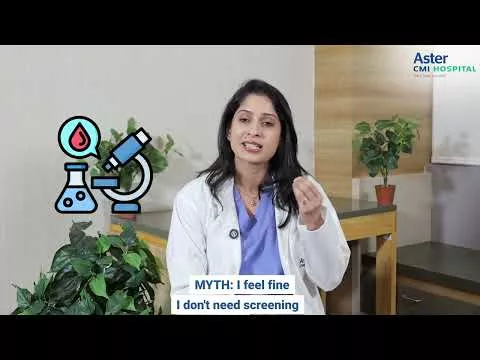The latest population of India is 1.4 billion. Nearly 13.8 million are people over the age of 60 years, which is expected to increase to 180 million in 2030. This is due to increase in life span which was about 40 years in 1960s and now is nearly 70 years. This increase is due to multiple reasons, like increased awareness about health, availability of latest diagnostic modalities, treatments, health education along with increased economical affordability. With more people seeking regular evaluations, many prefer consulting Neurologists in JP Nagar Bangalore for age-related neurological concerns.
As the life span is increased, the age related diseases mainly non communicable are also identified more and more Dementia is one such problem which is seen in people who are older than 60 years characterised by mainly progressive memory impairment along with other symptoms. there are different types of dementias . Alzheimer's type amounts to about 70-75 % of all dementias. About 55 million people suffers from dementia in the world. In India about 8.8% of people aged over 60 years suffers from dementia.Many NGOs and government organisations have started various projects in tackling this major health problem. For specialised support and assessment, many families rely on dedicated services offered at a Neurology Hospital in JP Nagar Bangalore.
The government initiatives for Alzheimer's Disease -
- District mental health programme(DMHP ) started in 1982
- National healthcare of elderly programme( NPHCE) 2011
- Right to persons with disability( RPWD) 2016
- MHA (Mental health act) 2017
- Atal Vayo Abhyuday in 2020
Treatment options -
There are treatment options to slow down the progression of the disease.There are options to try to address the basic problem of the disease. Since there are chemical called neuro transmitters involved Drugs like Donepezil, Memantine are widely used since many years. These drugs are affordable and used by most people. To manage behavioural problems many of the anti psychotic and anti depressant medications are used. In the last few years there is a lot of excitement due to positive responses. From the recently tried drugs which address the basic defect responsible for the disease. Few of them are recently approved for treatment and others are still undergoing.
The challenges of rural people are many -
- Lack of health care facility to evaluate and diagnose, lack of public knowledge about the disease. Monetary constrains for investigations, even to evaluate the treatable causes of dementia,even the health care workers are not trained well to evaluate and suspect the problem.
- Accepting the memory impairment as a part of aging very high in rural areas both by public and health professionals, and negative attitude to wards to disorder as no definitive treatment is available.





